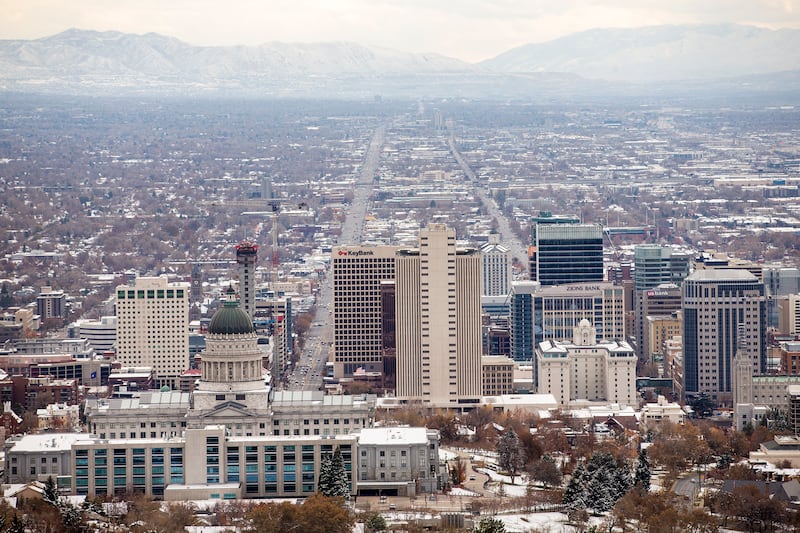There is no question that air quality is a huge concern here in Utah, especially with winter and inevitable inversions approaching. Breathing in these pollutants is unhealthy, and state actions that combat this issue includes the Utah Transit Authority occasionally providing free fare days and schools forbidding outdoor recess on red air days. However, these efforts are not enough.
Exposure to air pollution affects children in a variety of ways. Prenatal exposure to the air pollutants quinoline (from tobacco smoke and coal processing) and styrene (from facilities processing plastics) is associated with higher risks of autism. Meanwhile, childhood exposure to general pollution is related to lower cognitive functions, such as slower cognitive growth and reaction time. A recent study by University of Utah researchers examined the effects that PM2.5 (fine air pollutants, such as vehicle exhaust) had on third grade students’ proficiency in math and English language arts. It found the frequency of peak pollution exposure was significantly associated with below proficiency in both math and English language arts.
Free fare days and having recess indoors are great efforts to dealing with inversions, where exposure to peak concentrations of pollution is likely to occur. In the end though, these countermeasures are just a Band-Aid to the overall problem. Instead of dealing with inversions when they arrive, we should instead focus on preventive measures. Public transit becoming free in the winter to reduce traffic-related pollution could help. Building new schools in close proximity to these high-traffic roads — or conversely, building new roads that would bring high volumes of traffic near schools — needs to be avoided. While these are only a few changes that could happen, structural policy changes need to be made in order for good air quality to happen in Utah.
Matthew Horn
West Valley City

